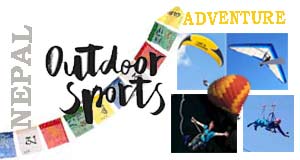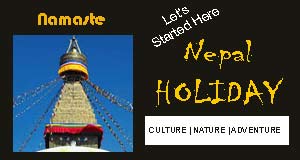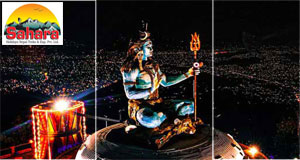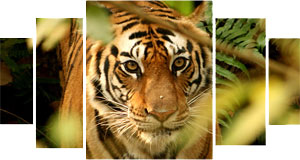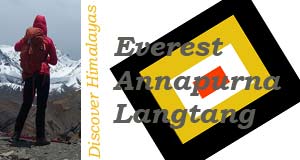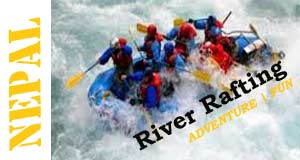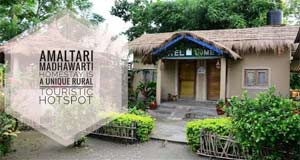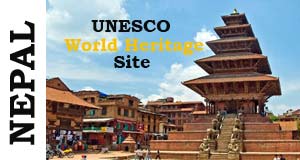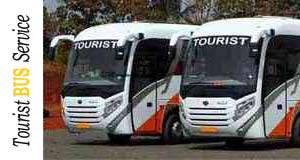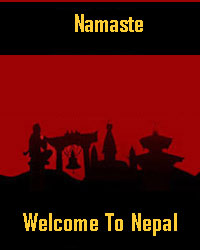Trekking in NEPAL
Nepal is a wonderful destination for trekkers for the purpose relishing the experience of enjoying the nature. The country has longest trekking route Annapurna Trekking and shortest treks through the green hills. During trekking season, Tourists from various countries love to visit in Nepal for the natural beauty loves while having the first hand experience of rural life. Trekkers feel highly energized physically and mentally and get memorable experience of life time. Even now a days local tourist go for trekking to enjoy the moment of walking on the hills and mountains. Kaski, Myagdi, Manang, Mustang, Lamjung, Annapurna Base Camp, Dhaulagiri Base camp, Dolpo, Karnali and Annapurna Circuit are famous destinations from trekking. 70% of the tourists visiting Pokhara opt for trekking. WHAT IS TREK?
A trek is walking at your own pace along well-established village trails, enjoying close contact with people in remote mountain villages whose lifestyle has not changed for generations. You will feel at peace with nature and clean mountain air and the magnificent views of the mighty Himalayan peaks are the most enjoyable parts of a trek.
Whichever trek you choose, it is essential to remember that a trek is not a climbing experience. Camp sites are carefully selected to afford you a walk each day at your own pace and our Sherpa staff are always around to guide you. During trekking period, all camping equipment and food stuffs are provided, and will be carried by porters who will also carry your duffel bags. But, you need to carry your personal day pack with camera, water bottle and toilet kit. Should you find it difficult to even cope with this,our Sherpas will be more than happy to assist you. Carefully Selected Seasonal Departure:
Our experience has taught us the best times to travel in specific areas. We want you to have the greatest possible chance of favorable weather and trail conditions and to experience special local events. We want you to be as well prepared as possible. To help you, we provide detailed trip information supplements which cover what you need to take on your trip, what you need to do and, just as importantly, the cultural and historical back-ground of the region you will be visiting. Families with Children:
Plenty of time is built in for the children to have fun and we try to have English-Speaking local children accompanying us.Personal trails attendants will carry the children if they are very young or just very tired!
Never Trekked before?
Talk to us and we will help you choose a trek which will suit your level of fitness as well as your area of interest. And remember, prior walking experience in general counts for much less than good physical condition and motivation. If you really want to get up to see Everest and you are in good health and properly equipped, you will get there, experienced or not. List of Clothing:
We will provide you equipment like, form mattress and tent during camping period. All you need to bring your personal wear like walking boots and sand shoes, sleeping bags, a water and wind proof jackets. woolen shirts, T-shirt, A thick pullover, shorts/skirts, and trousers/track suits. Thermal underwear is necessary for high altitudes and cottons are best for lower and warmer altitudes. Also don't forget a water bottle, Swiss Army knife, sewing kit, torch and spare batteries,Extra boot laces, Sun Glasses, Sun cream and lotion, Personal medical supplies, Bring an elongated canvas bag or duffel bag to put your clothing and equipment in. There will be porters to carry the kit bag. Precautions:
A day on the trail usually consists of Five to Six hours of walking broken by a lunch stop. Your trek to enjoy the scenery on the trail, not to get to a destination in a hurry. The main precaution to be taken, during trekking the trekkers should not to go up too high very fast. The body should be given plenty of time to acclimatize.. Acute Mountain Sickness (AMS) refers to the effects of the thin air at high altitudes which can be very dangerous and may even result in death. If you get initial symptoms like nausea, dizziness, swelling in the face and breathlessness, descend to a lower elevation immediately and seek medical help. Comprehensive travel insurance is advised to cover emergencies like helicopter rescue and medical treatment in case of accidents on the trail. How our Treks are Operated:
As per the nature trekking, our professional trekking head Sherpa will managed the trained Sherpa guide, sirdar and porters choose the team for all aspects of the running of the trek, On treks the daily routine will be more or less as given wake up around 06.00 am. with tea/coffee,warm water provided for washing, breakfast of porridge/cornflakes and biscuits with tea/coffee/chocolate. The day's trek starts around 7.30 am. Porters carry all camp equipment, food and your duffel bag. All you carry in your small day pack is a water bottle, small jacket and other small items you might need on trail. Tea and snacks are served while the Sherpas pitch camp. The evening meal is served around 7.00 pm inside the dinning tent furnished with a pressurized lantern, table and camp chair/stool. Every camp is provided with a simple but hygienic toilet tent.Food on trek is plentiful, healthy,wholesome and varied, Enough staple products are carried for the entire outing. Fresh supplies of vegetable, eggs, meats etc. are purchased wherever available. The day to day routine is designed so that trekkers have time to see, photograph and explore the countryside. Comprehensive Pre-departure Information:
We want you to be as well prepared as possible. To help you,we provide detailed trip information supplements which cover what you need to take on your trip, what you need to do and,just as importantly, the cultural and historical back-ground of the region you will be visiting. Competitive Prices:
We believe our trips are the best value for money. Prices include top-quality sleeping bags and mats, tents and downjackets, plus climbing equipment on mountaineering expeditions. The Cultural and Physical Environment:
The mountains, the palaces, the villages and the monasteries we visit are are as fragile as they are rich and beautiful. To appreciate and respect them fully we all need to be aware of the effects of our presence and of how to minimize its impact. We make every effort to leave the physical environment of each place we visit as we found it. or better than we found it. Wetry to give you as much information as we can, before you depart, on the history and customs of each region and how youcan best respect and be a part off those customs. The local people are extremely understanding of us and our needs andcustoms- we owe at least the same understanding to them. Trip Organization:
Our Airport Representative will meet you at Kathmandu airport and accompany you on the car/van/bus to your hotel,where your pre trek briefing will be given. After the briefing,he/she will be available for any queries or general information. On the morning of your trek departure, please ensure that you have deposited your valuables at the hotel reception or hand them over to the Tour Officer. Before breakfast you should bring all your baggage down to the hotel lobby where it will be divided into 2 piles - one for the treks and the other for safe storage at the hotel. All bags must be clearly labeled with your name and address. Teahouse Treks:
we will provide and advise on best routes and itineraries, trek permit and local transportation with well experience Govt. License holder sherpa trekking guide who knows the trails and the best place to stay. He will arrange all your accommodation and foods throughout the trip. Organized Trekking
New comers heading for Nepal often wonder about the difference between 'Organize trekking" and 'Teahouse trekking'. It is really a difference of style and philosophy. Organized,the HolidayNepal preference means that the group camp in tents each night and retain their own cooks, Sirdar (foreman) and porters. It means that all personal equipment is carried for you, meals are cooked, and you are looked after by familiar staff. It also means that you have flexibility to deviate from the main trail along less frequented routes or to private camp-sites with views. Very significantly, it enables me to supervise camp hygiene there by reducing the risk of tummy upsets. Trekkers Information Management System (TIMS)
Tourist of all nationalities including Indians, who are interested to visit general trekking areas of Nepal, are required to receives TIMS Card through one of the following offices - NTB & TAAN OFFICE, KATHMANDU & POKHARA Travel Insurance:
Every one who plans to trek with us must have individual travel Insurance. Various policies are available but what ever policy you choose, assure that is cover a minimum of US$10,000.00 & includes medical and accidental expenditure like extra travel costs. Trip Grading:
Gentle:
For those who are in good health and enjoy a good hill walk.Altitudes are up to 3500m with 4 to 5 hours walking a day.
Moderate:
For those in good health who exercise regularly and areprepared for higher attitudes and longer days or for hardershort walks. Generally involve walking 5 to 8 hours a day at altitudes up to 4000 meters.
Strenuous:
For those who are fit or prepared to improve their fitness.Involve walking 7 to 10 hrs a day for many days without a break,often at altitudes of up to 5500 meters and often on rough trails.
Strenuous/Technical:
As well as the requirements of Strenuous trek you must beprepared for training en-route in ice climbing and rope techniques. For More information
Contact Us: holidaynepal@gmail.com Hotline: +977 9841 911150 OR +977 9816 770504 WhatsApp | Viber.
